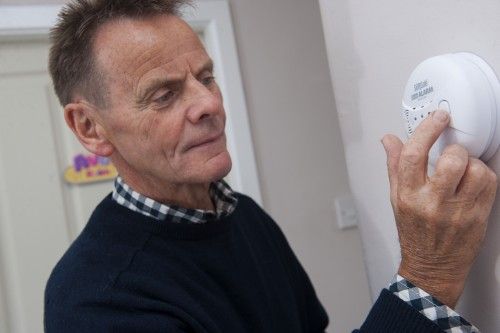

With students returning to university this month, engineers are being urged to step up and ensure that all accommodation meets new laws relating to carbon monoxide (co) alarms.
The new legislation, which comes into effect in the autumn, states that alarms must be installed on every floor of a property, be tested ahead of any new tenancy, with CO alarms placed in every room deemed high risk, such as those with a gas fire or boiler.
A survey by boiler insurance provider,CORGI HomePlan, identified that only six per cent of students are aware that their digs need a CO alarm.
Only a third of student accommodation is believed to have a working CO alarm.
To stop students being at risk from the ‘silent killer’, engineers are being urged to remind landlords of their obligations to install lifesaving detectors.
Mark Leslie, chief executive of CORGI HomePlan, said: “For many
youngsters, the excitement of moving away from home to start university means they
might not pay attention to details like the safety of gas appliances.
“That’s why we’d like engineers to take the opportunity to speak to
landlords and see how compliant they are with this new legislation. Servicing of appliances should also be high on a landlord’s agenda as new
tenants move in, as well as the installation of alarms.”
CORGI HomePlan’s survey discovered that just one in eight people in rented accommodation were aware of a landlord’s duty to provide a CO alarm in their properties. This contrasts with the overwhelming four in five people who are aware that a smoke alarm must be provided.
Renters, including parents of students at university, were also shown in the poll to be unaware of a landlord’s responsibility to provide an up to date gas safety certificate. Only four in ten had asked for this when moving into rented accommodation.
CORGI HomePlan’s research also reveals a worrying lack of knowledge among the public of how to detect CO.
